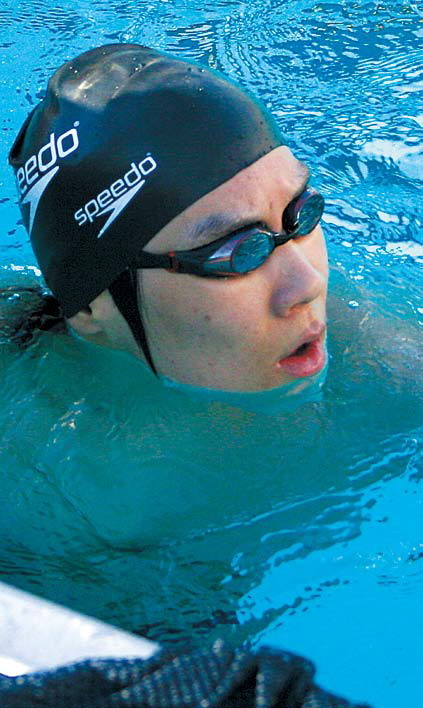The international governing body of swimming has scheduled a hearing on South Korean star Park Tae-hwan’s doping case for late next month, officials here said Wednesday.
The Korea Swimming Federation said FINA had informed it that it will hold the hearing in Lausanne, Switzerland, on Feb. 27. FINA is headquartered there, but according to the KSF, FINA said it will confirm the specific location of the hearing later.
Park’s career appears to be in jeopardy after the news of his failed doping test emerged earlier this week. The KSF said Park was tested ahead of the Asian Games in the South Korean city of Incheon, which opened in September, and was notified of the result last October.
The Korea Swimming Federation said FINA had informed it that it will hold the hearing in Lausanne, Switzerland, on Feb. 27. FINA is headquartered there, but according to the KSF, FINA said it will confirm the specific location of the hearing later.
Park’s career appears to be in jeopardy after the news of his failed doping test emerged earlier this week. The KSF said Park was tested ahead of the Asian Games in the South Korean city of Incheon, which opened in September, and was notified of the result last October.

Park, a four-time Olympic medalist and two-time world champ, has blamed the positive test on an injection he took at a local hospital. His agency, Team GMP, is seeking legal action against the Seoul-based hospital, and state prosecutors said Tuesday Park received a shot of testosterone, a substance banned by the World Anti-Doping Agency.
Prosecutors are considering indicting the doctor who administered the injection. According to prosecutors, officials from the hospital have claimed that they gave Park the injection to help boost his hormone levels but that they weren’t aware that testosterone was a banned substance.
Park’s camp has told the authorities that the swimmer repeatedly asked the hospital about the contents of the injection and that he was assured that the shot would be clean.
Though Park is arguing that he didn’t intentionally take the banned substance, he may ultimately be held accountable for the result.
In Article 10, titled “Sanctions on Individuals,” the code states that if an athlete can establish that he or she bears no fault or negligence, the athlete may not face sanctions. However, one exception cited by the same code is “the administration of a prohibited substance by the athlete’s personal physician or trainer without disclosure to the athlete.” The code also points out: “Athletes are responsible for their choice of medical personnel and for advising medical personnel that they cannot be given any prohibited substance.” (Yonhap)
-
Articles by Korea Herald




![[Herald Interview] 'Amid aging population, Korea to invite more young professionals from overseas'](http://res.heraldm.com/phpwas/restmb_idxmake.php?idx=644&simg=/content/image/2024/04/24/20240424050844_0.jpg&u=20240424200058)












![[KH Explains] Korean shipbuilding stocks rally: Real growth or bubble?](http://res.heraldm.com/phpwas/restmb_idxmake.php?idx=652&simg=/content/image/2024/04/25/20240425050656_0.jpg&u=)

